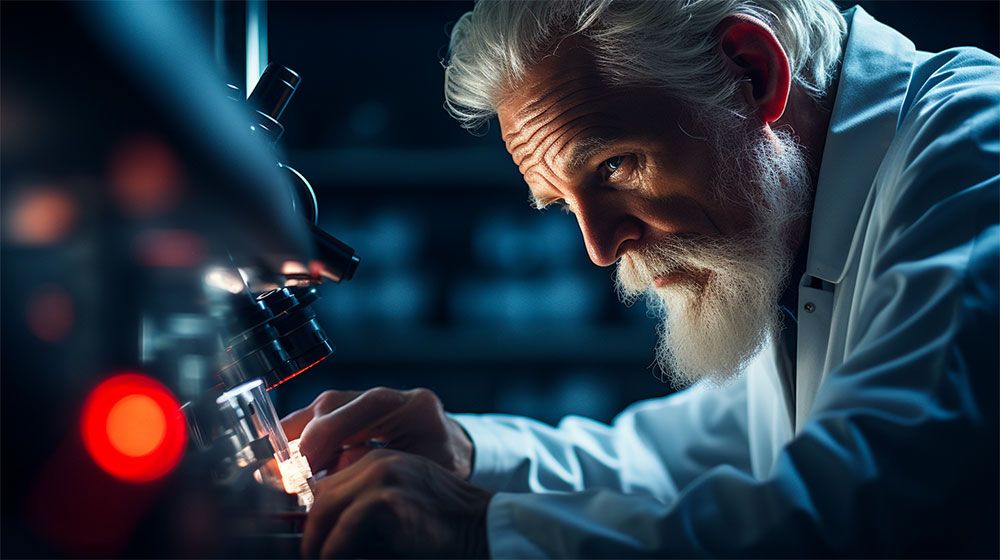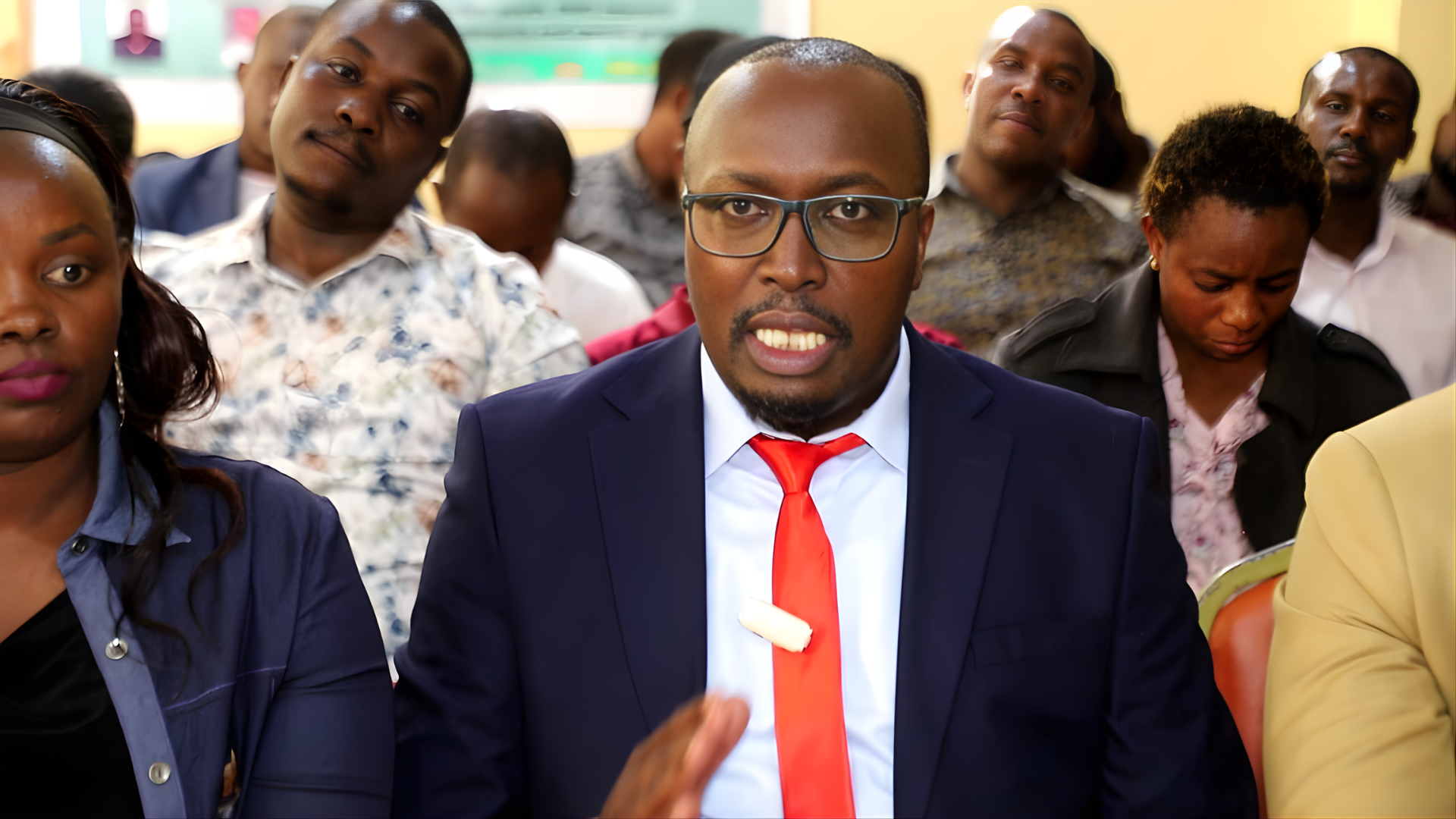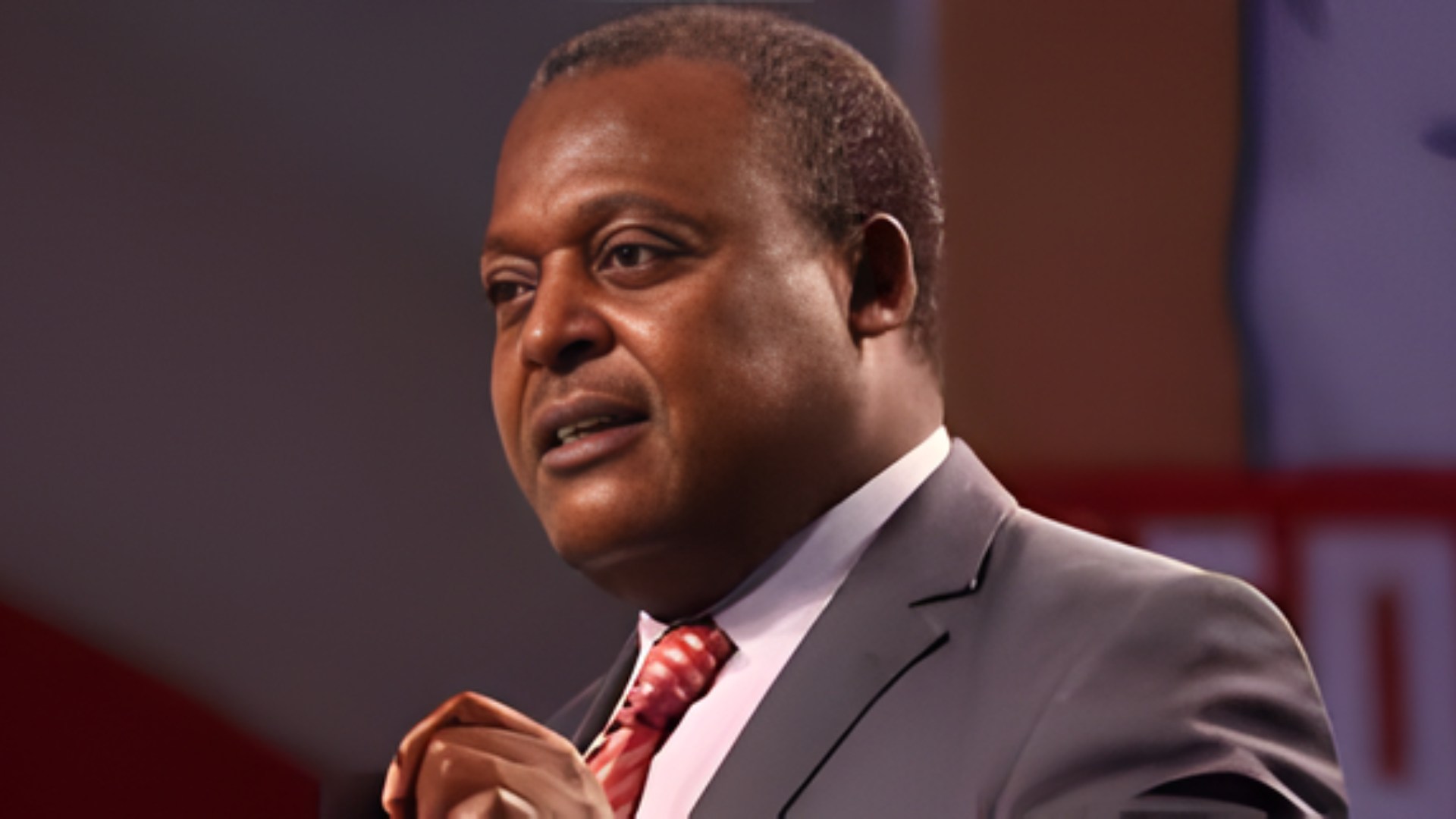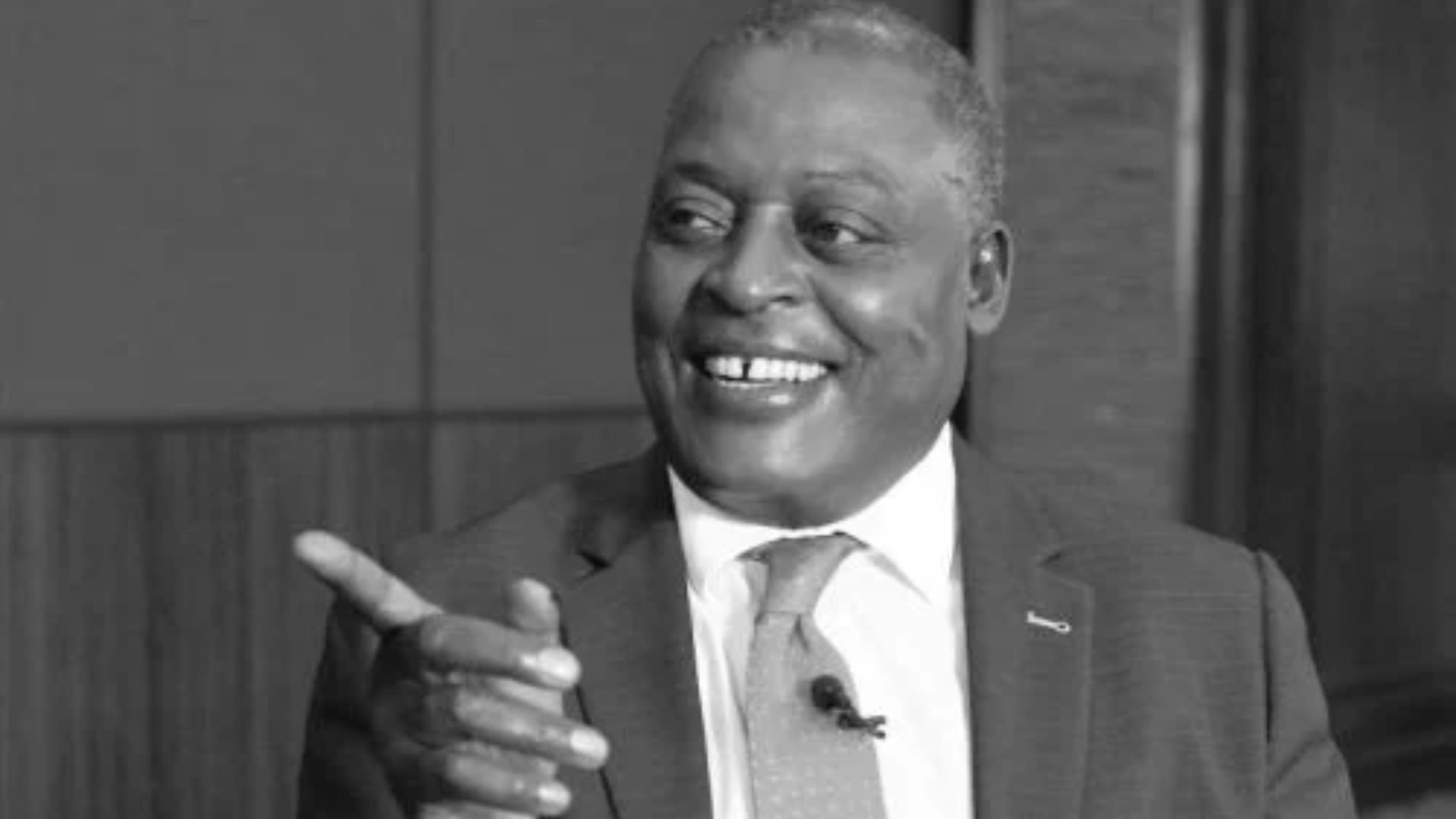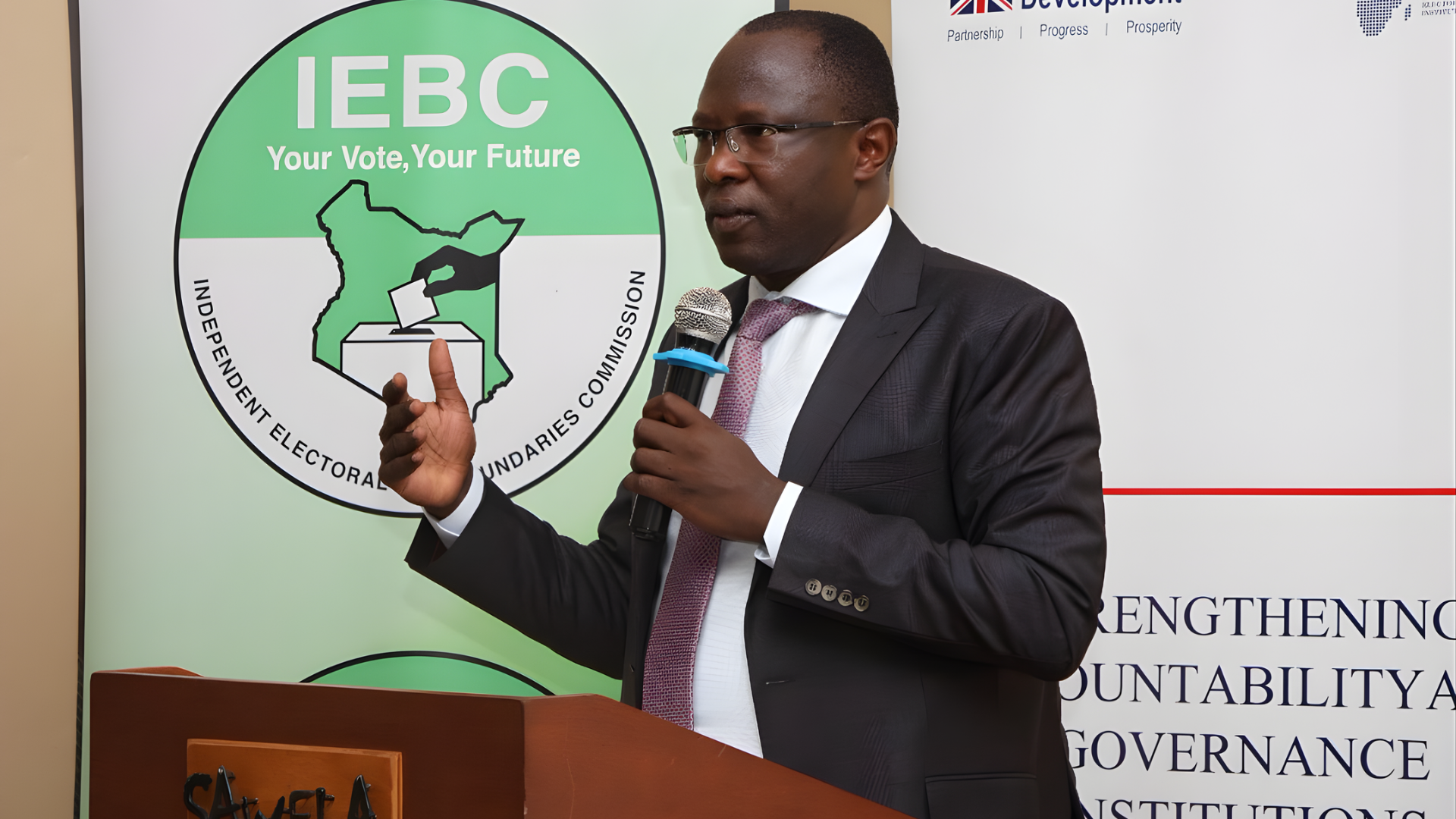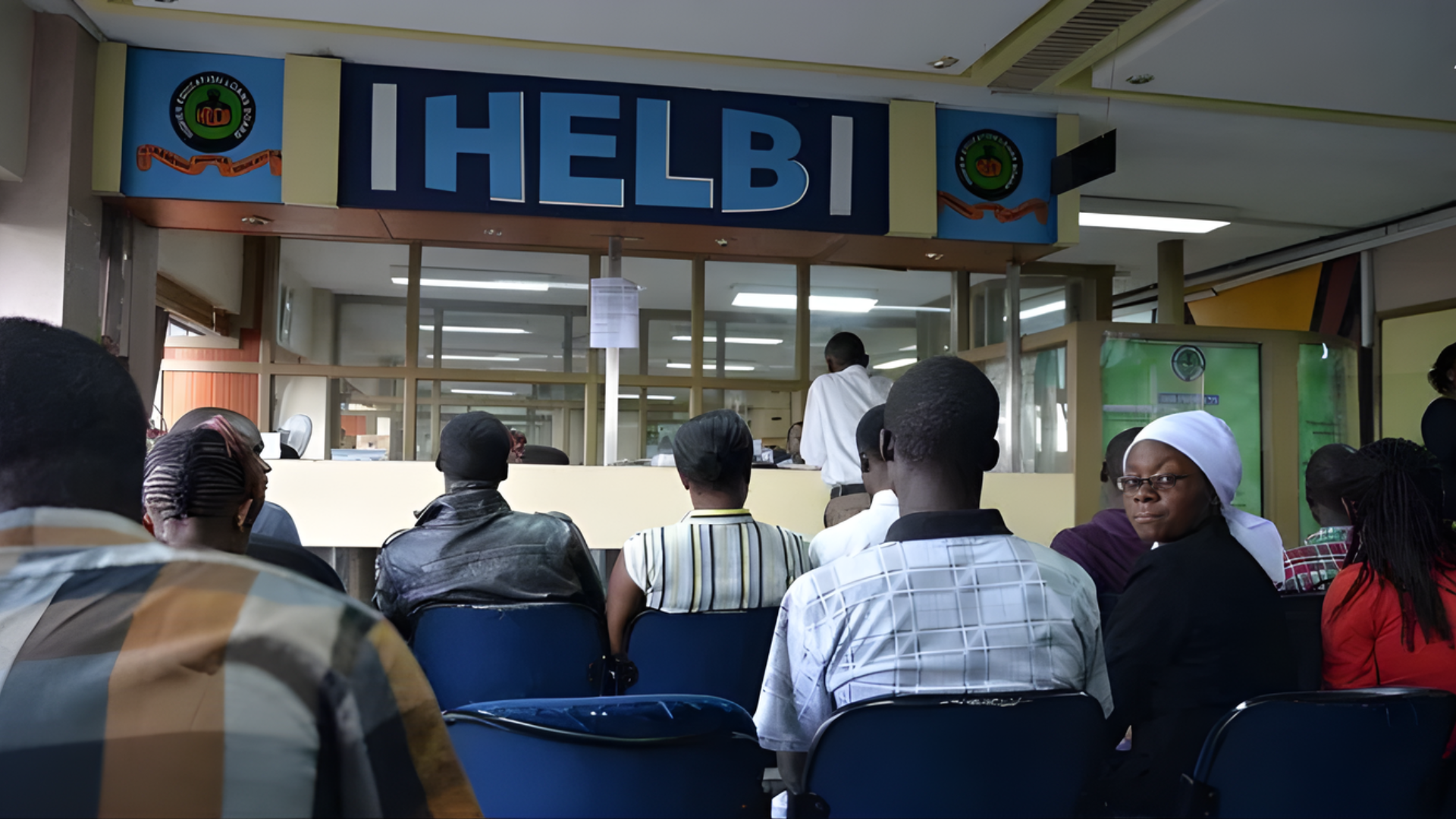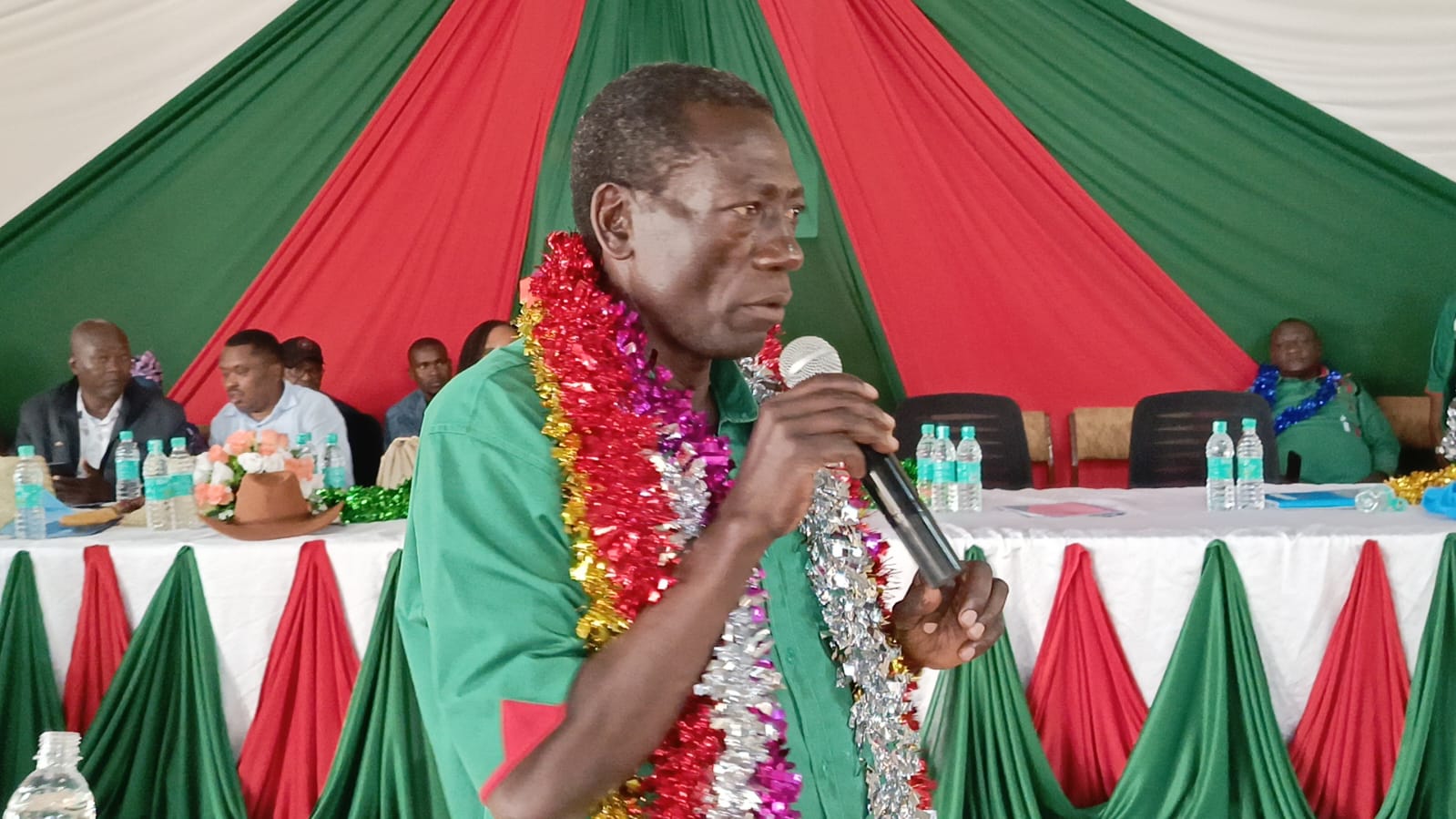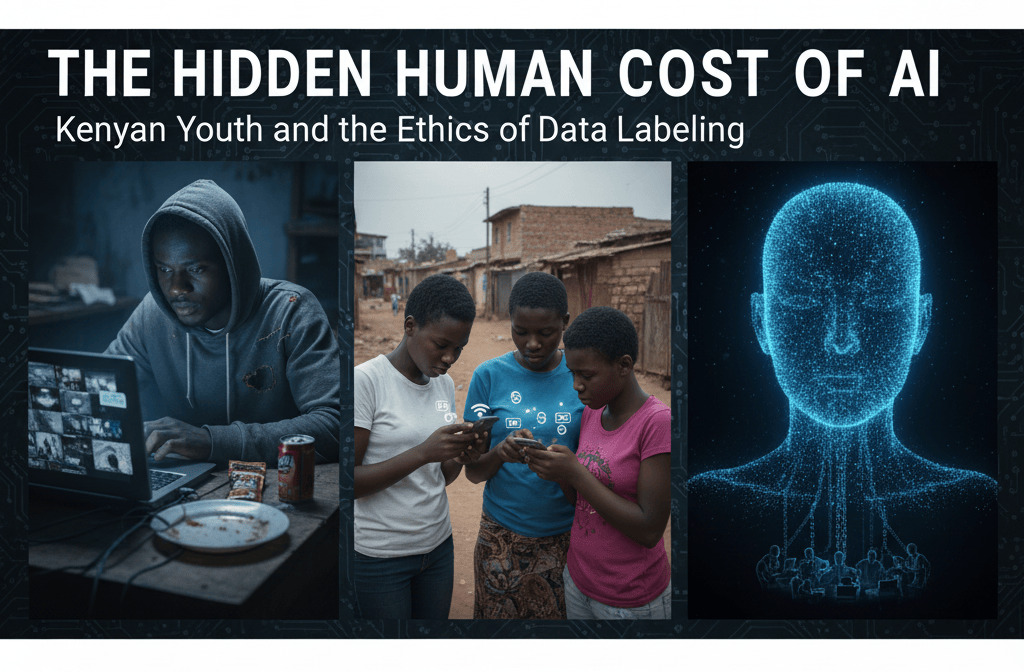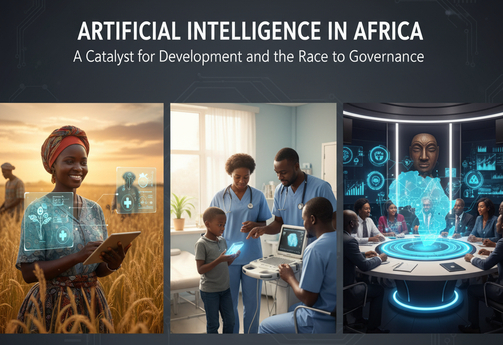In laboratories worldwide, the ancient dream of eternal life is being rekindled through microscopic robots and genetic engineering.
The pursuit of immortality has captivated humanity for millennia, from ancient myths of eternal youth to modern science fiction's visions of digital afterlife. Today, this quest has moved beyond fantasy into serious scientific research, with biotechnology and artificial intelligence leading the charge against our biological limitations.
Leading voices like Ray Kurzweil, former Google engineer and respected futurist, boldly predict that technology will allow humans to achieve everlasting life by 2030 through microscopic robots that repair our bodies at the cellular level .
While such claims may seem extraordinary, Kurzweil has accurately predicted numerous technological achievements, including the widespread adoption of portable computers and computers defeating world chess champions, earning his predictions serious consideration .
Why We Age: The Scientific Underpinnings
Before addressing how science might conquer death, we must first understand why we age. Aging is a complex biological process driven by multiple factors:
- Telomere shortening: Telomeres, the protective caps at chromosome ends, shorten with each cell division until cells can no longer divide, leading to aging and death .
- Cellular senescence: Over time, cells lose function and accumulate, causing tissue and organ deterioration .
- Oxidative stress: Free radicals cause cumulative cellular damage throughout our lives .
Nobel laureate Dr. Elizabeth Blackburn's work on telomeres suggests that manipulating telomere length could potentially delay aging, though not stop it entirely .
The Biotechnology Revolution
Several biotechnological approaches are showing promise in extending human healthspan and potentially lifespan:
Gene Editing and Cellular Rejuvenation
Technologies like CRISPR allow scientists to edit genes associated with aging, potentially delaying or reversing the aging process . Researchers are exploring longevity-associated genes like FOXO3, hoping to activate them to extend lifespan .
Stem Cell Therapies
Dr. Shinya Yamanaka's Nobel Prize-winning work on induced pluripotent stem cells enables the regeneration of damaged tissues and potential reversal of aging effects . Companies like Unity Biotechnology are developing senolytic therapies that target and eliminate senescent cells that contribute to age-related diseases .
NAD+ Supplementation
Research by Dr. David Sinclair at Harvard Medical School indicates that supplementing with NAD+, a molecule crucial to cellular metabolism that declines with age, shows promise in extending animal lifespans and improving health .
AI's Role in the Immortality Quest
Artificial intelligence is accelerating anti-aging research in unprecedented ways:
Drug Discovery Acceleration
AI can analyze vast databases of chemical compounds to predict which might have anti-aging effects, dramatically reducing the time and cost of drug development . Machine learning models can even design entirely new molecules tailored to target aging-related processes using techniques like generative adversarial networks (GANs) .
Personalized Anti-Aging Medicine
AI can analyze an individual's genetic makeup, medical history, and lifestyle to create personalized anti-aging plans, including specific dietary recommendations, exercise routines, and supplements .
Cellular Repair and Regeneration
AI is helping identify compounds that selectively eliminate senescent cells and analyze cellular reprogramming techniques that reset cells to more youthful states . Companies like Insilico Medicine use deep learning algorithms to analyze massive datasets and identify potential drug targets and therapies for aging and age-related diseases .
The Transhumanist Vision: Beyond Biological Limits
Some researchers envision going beyond merely extending biological life through the integration of technology with human biology:
Nanotechnology
The development of nanobots—microscopic machines capable of repairing cellular damage at the molecular level—could potentially reverse aging effects and prevent fatal diseases . These nanobots might patrol our bloodstream, extracting precise nutrients we need and repairing damage in real-time .
Digital Immortality
Some theorists, including Kurzweil, suggest that AI could eventually enable mind uploading, transferring human consciousness to digital substrates, allowing existence long after biological bodies cease functioning .
Ethical and Philosophical Dilemmas
The pursuit of immortality raises profound questions that extend beyond scientific feasibility:
Inequality and Access
Would life-extending technologies be available to all or only the wealthy? This could potentially exacerbate existing social inequalities to unprecedented degrees .
Environmental Impact
Earth's finite resources might struggle to support a non-aging population, leading to potential overpopulation, resource scarcity, and environmental degradation .
The Meaning of Life
Philosophers have long argued that mortality gives life meaning—the awareness of death compels us to forge connections, seek purpose, and construct legacies . As philosopher Ernest Becker argued in "The Denial of Death," human endeavors from art to religion are shaped by the need to cope with mortality .
Viktor Frankl observed in "Man's Search for Meaning" that without temporal constraints, human motivation to pursue goals and cultivate relationships might diminish . The myth of Tithonus, who was granted eternal life but not eternal youth, serves as a cautionary tale about the potential isolation and suffering immortality might bring .
The Current Landscape
Despite exciting advances, most scientists agree that true immortality remains distant. Current research primarily focuses on extending healthspan—the years of healthy life—rather than eliminating death entirely .
Organizations like the Gerontology Research Group, Methuselah Foundation, and SENS Research Foundation work on reversing aging and extending life expectancy . Dr. Aubrey de Grey, a prominent anti-aging researcher, argues that the first person to live to 1,000 years may already be alive, though this claim is met with skepticism by many in the scientific community .
Conclusion: Redefining the Human Experience
The quest for immortality through biotechnology and AI represents one of humanity's most ambitious undertakings. While radical life extension may not arrive by 2030 as Kurzweil predicts, the research is progressing at an accelerating pace.
The ultimate breakthrough may not involve conquering death in the traditional sense but rather redefining what it means to be human—whether through continuous cellular rejuvenation, seamless human-machine integration, or even digital consciousness.
As we stand at this technological frontier, we must confront not only scientific challenges but also profound philosophical questions about the value of mortality and the nature of a meaningful life. The struggle for immortality ultimately reflects humanity's deepest desire to transcend our limitations and write the next chapter of our own evolution.
This story is developing. Follow our science section for updates on groundbreaking research in longevity and artificial intelligence.



